'Unveiled': Why Did They Get Married?
The more we learned with each passing minute the bigger the reveal. This film ends with a serious bang and it was truly a joy to watch.
Incluvie Foundation Gala - Learn More
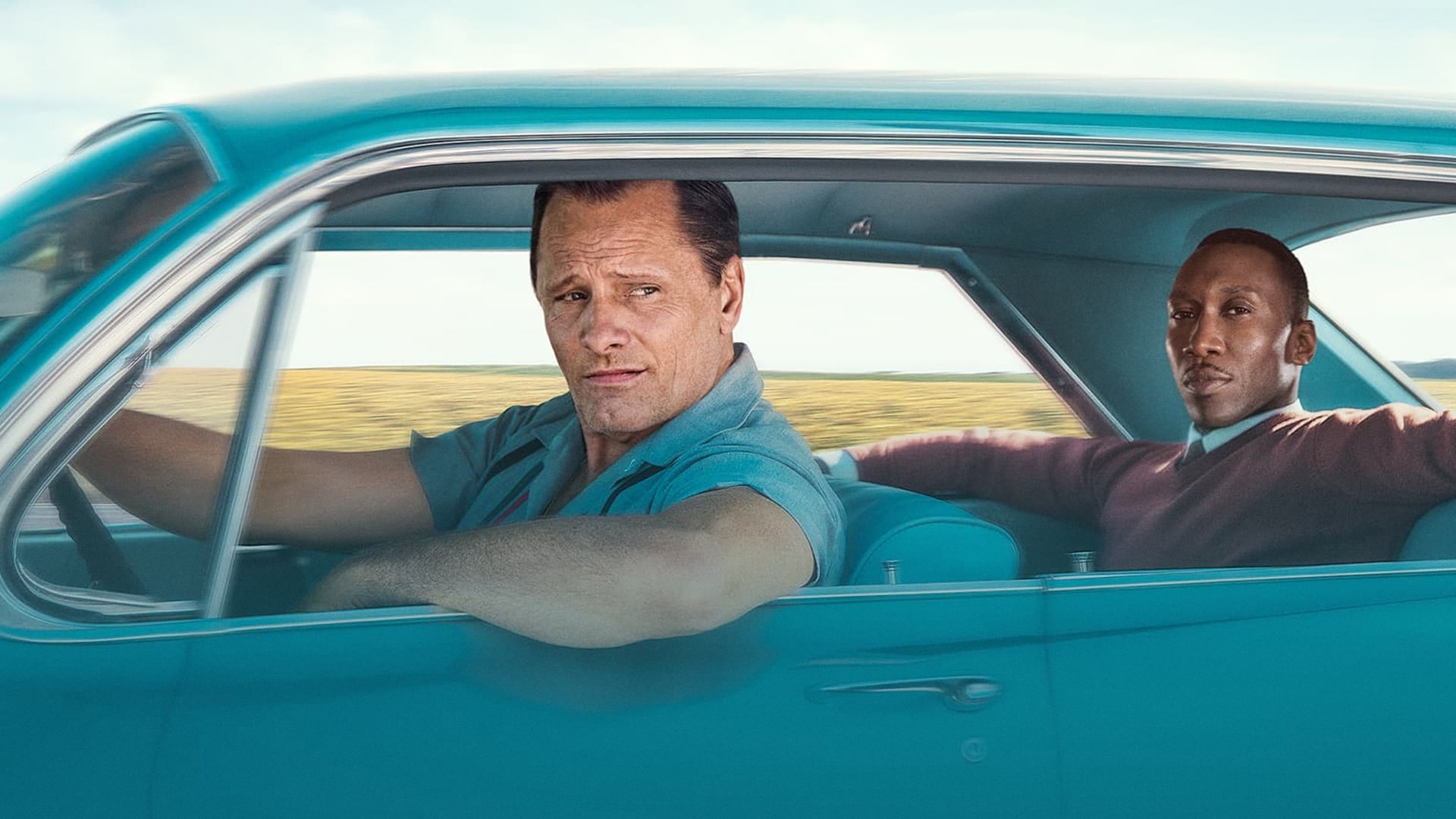




It has been nearly 5 years since Peter Farrelly won the Academy Award for Best Picture with Green Book in 2019, much to the chagrin of those who called the film out for its flimsy depiction of racial politics. Starring Zac Efron with appearances by Russell Crowe; Farrelly's TIFF presentation of The Greatest Beer Run Ever succumbs to many of the same pitfalls that lent his previous film its signature, “we solved racism” quality. Once again, it appears that Farrelly is out of his depth, toting his unsolicited take on how his All-American protagonist can singlehandedly restore peace to a war-torn Vietnam. Like Green Book, The Greatest Beer Run Ever is also based on true events and a real group of friends.
This film is so arrogant. John ‘Chickie’ Donohue, an Irish Catholic from the streets of New York, watches helplessly as all of his closest friends from his tight-knit neighborhood are shipped off to fight in the Vietnam war. With his remaining crew of buddies, he sits around the bar he frequents while Bill Murray laments about how the depressing images of war are bringing down morale around the community. The Americans are winning! They don’t know what they’re winning, but they’re winning, nonetheless, and would like to see some positivity on the news to reflect that. In an attempt to raise everyone’s spirits, Chickie commits to making an epic beer run overseas to where his friends are stationed. By bringing a duffel bag of warm Pabst (Pabst?!) he can remind his buddies that his loved ones back home are thinking of them and hopefully, bring a much-needed smile to their faces. What Chickie fails to realize is that Vietnam is not a playground within which he can deliver brews to his friends. An entire country and its people are in upheaval, there is death everywhere you look and a lot of innocent civilians, as well as his friends, are fearing for their lives in the midst of a war that no one can understand. However, Chickie’s got a reputation around town as a deadbeat and a freeloader, so this is his chance to prove to everyone that he can really accomplish something.
Before his departure, Chickie has some heated altercations with protestors that are advocating to end the war. Included in that bunch is his sister, Christine (Ruby Ashbourne Serkis). Chickie can’t stand to watch her be a part of something so unpatriotic, especially amidst the constant news circulating in their community that their friends are missing and dying. Christine tries to convince him that by protesting for peace, she is doing her part to keep these men safe, she doesn’t want to see any more members of her neighborhood drafted to fight in a fruitless conflict. Chickie stubbornly disavows her efforts, claiming that if the men fighting were to see these protestors devalue their sacrifice they would be heartbroken. So he hops abroad on a ship to Vietnam to go make a real difference by handing out beer.
Once he arrives in Vietnam, he requests a few days’ leave from the ship that he’s been working on to complete his mission. One would think that at this point, he would be in for a rude awakening, but Chickie struts about, making friends with the locals. He tries to find his way to his first friend’s base before heading into northern parts of Vietnam that have restricted access, due to how bad the fighting has gotten in those areas. When he runs into a group of journalists, who have all been staying in Vietnam and covering the war for months, he has no issue openly criticizing them for how their coverage is simply too sad. Don’t they know that no one at home wants to see that? Would it kill them to give everyone watching the war from the comfort of their living rooms a little hope? We now begin to wonder, what it will take for Chickie to realize that he hasn’t been dropped in the middle of an action movie.
The 94th Academy Awards are right around the corner and with some truly wonderful films like The Power of the Dog, Dune, CODA, Belfast, and Licorice Pizza, the race for Best Picture is incredibly tight. But there's a film that has been gaining momentum at the perfect time - Ryusuke Hamaguchi's Drive My Car. Since the inception of the ceremony, The Academy had long avoided awarding foreign films the honor of Best Picture, even going as far as to award Alfonso Cuaron Best Director for Roma, then proceeding to give the Best Picture award to Peter Farrelly's Green Book in 2019. But in 2020, they finally broke this near century-long habit and awarded Bong Joon Ho's masterpiece Parasite with not only Best International Feature but Best Director and of course, Best Picture, becoming the first foreign film to ever do so. Now Drive My Car has the chance to do the same.
Drive My Car exudes a palpable sense of dreariness and lifelessness that is further embodied by Yusuke, portrayed tragically by Hidetoshi Nishijima, which is historically, exactly what The Academy loves. This film is a slow-burn that demands your attention in every scene, and by slow-burn, I mean glacial. You feel every second of its three-hour runtime and it asks for long periods of empathy and introspection that you have no choice but to give. It can be exhausting being enveloped in such monotony and gloominess, but this isn't the only experience Hamaguchi gives the audience - we also get to witness a journey to acceptance, albeit a lackadaisical one, that eventually leads to a moment of incredible emotional surrender and catharsis. This no doubt puts Drive My Car in a great position for Best International Feature (which it's surely a lock for) but also Best Picture being as there's one thing that The Academy has proven to cherish above all else, no matter what...the Drama.
But it's not exactly a shoo-in. There is stiff competition this year - whether it's Jane Campion's The Power of The Dog, which is very similar in style with a very slow and permeating feeling of dreariness, or Sian Heder's CODA which takes enormous steps forward in the way of deaf representation, we also have to acknowledge films like Paul Tomas Anderson's Licorice Pizza or Denis Villeneuve's Dune where the craftsmanship and quality are among the best Hollywood has to offer but lacking major representation. But Drive My Car is in an interesting position being the first foreign film nominated for Best International Feature and Best Picture since Parasite, while The Academy has been getting better at nominating the films that belong in both categories, they've been rather choosey about awarding foreign films the honor of Best Picture. It's possible for this narrative to change of course, but in a year with so many excellent films deserving of the award, I can't help but feel it might be overlooked. But of course, I'm no insider, I'm basing this entirely on the history of The Academy and their shoddy history of selecting Best Picture winners.
After years of being ignored, shut down, or shifted around, I think we’re finally getting somewhere with black cinema getting its due. I think it is finally at the point where mainstream audiences will just watch a movie for black audiences and not have it feel forced or empty. It’s not at the level it needs to be at just yet, but I do think it is getting traction. Not counting the Oscars (especially after seeing Green Book win last year), I think that black cinema is making waves with the general population, and that excites me, because that can break up the formulaic and problematic amount of films that reach audiences and can open up the door for other minorities to start appearing in film more now that it’s proving that movies with diversity CAN reach people of all backgrounds despite their intended audience. I think since 2016, there has been a stream of successful (and now iconic) movies by black artists, for black audiences, with general appeal. Moonlight, Fences, Get Out, Us, Blackkklansman, Blindspotting, If Beale Street Could Talk, Sorry to Bother You, The Hate U Give, and Black Panther are just a few of the plethora that come to mind, and all are great or excellent movies. It’s a far cry from times like 2004 where the most notable black led movies were Hotel Rwanda (white director) and White Chicks (infamously bad).
So, how does Queen & Slim hold up in this black film-making start of a renaissance? It’s…OK. And I’m not gonna lie: I am highly disappointed that it’s just OK, because this was one of the most anticipated films of the year for me, and for good reason. For starters, the premise is the best kind of hook you could ask for: A black man shoots a white police officer in self defense while on a Tinder date. He and the date go on the run. That’s an amazing idea to film a movie around. Likewise, it is the directorial debut of double Grammy winner Melina Matsoukas, who is best known for her fantastic music videos. And on top of that, Daniel Kaluuya, one of my up and coming favorite new actors, was one of the stars. And yes, I was somewhat right. The premise was intriguing. The direction was nice. The acting was great. But I forgot the cardinal virtue of good cinema: a solid script.
Spoilers going forward from here. You don’t want them, jump to the final paragraph.
Unfortunately, Queen & Slim is a very sloppy movie, and that is owed to the writing. It is, simply put, underwhelming. Very likely because it’s not offering anything new and refreshing to witness. And I think the film is self aware of that, and overcompensates by trying to put in extra effort to look iconic. That photo I posted above is the movie’s moment of saying “Hey, this is a cool shot, right?!” and it’s also the final shot in the movie. There is a line in this movie (and it’s trailer) comparing Queen and Slim’s run from the law as the “Black Bonnie and Clyde”. Well, not really. Because Queen and Slim shoot an officer in self-defense, run off, live “free”, and most notably, die as martyrs, rather than as be rebellious or controversial cop killers. I think Queen & Slim actually could have benefited from being more ballsy and just having the duo take down cops all on their way to escape. But instead they’re just a bit too nice and charismatic, and when their getaway falls apart, it turns into another black pain movie that we’ve seen far too many times for it to carry the same weight. The writing is never sure if it wants to be an iconic drama or a dark comedy, and it dives into fantastical and surreal situations but never runs all the way with them. I want to like this movie so much more than I do, but it constantly gets in its own way with its clumsiness or pretentiousness. It has something to say, especially in the United States in 2019, but it appears to be so angry it can’t form a cohesive argument. It reminds me of this year’s Us, which I loved, but struggled to fully comprehend the message of. But I could at least get the gist of Us, and I had a lot of fun watching it. In the meanwhile, I walked away from Queen & Slim being more confused than impressed, and more thoughtful on my feelings towards it than the message it tried to deliver.
The two writers for Queen & Slim were Lena Waithe, who co-wrote the Emmy-winning Master of None “Thanksgiving” episode, a fantastic piece of television. When writing Queen & Slim, Waithe was working on a story she conceived with none other than James Frey, best known for his writing scandal rather than his actual work now. For those that are unaware, he infamously fabricated some of his writing and passed it off as auto-biographical, and told Larry King he embellished a few details…but when he saw Oprah, he cracked and said he flat out lied. So it makes sense that a fresh/talented writer and somewhat (?) talented author guilty of literary forgery did not make the best duo for writing a screenplay for a debut director. Each scene in Queen & Slim feels more like its own scene in another movie and while the scenes are decently engaging, the overall product of all the scenes put together is a bit of a Frankenstein’s monster.

Tony Lip, a bouncer in 1962, is hired to drive pianist Don Shirley on a tour through the Deep South in the days when African Americans, forced to find alternate accommodations and services due to segregation laws below the Mason-Dixon Line, relied on a guide called The Negro Motorist Green Book.
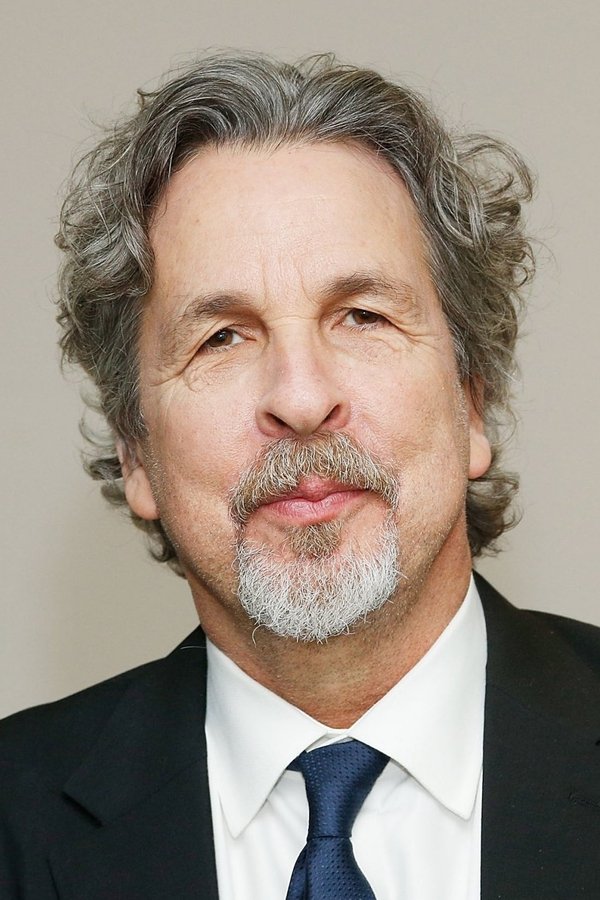
Peter Farrelly
Director

Peter Farrelly
Director
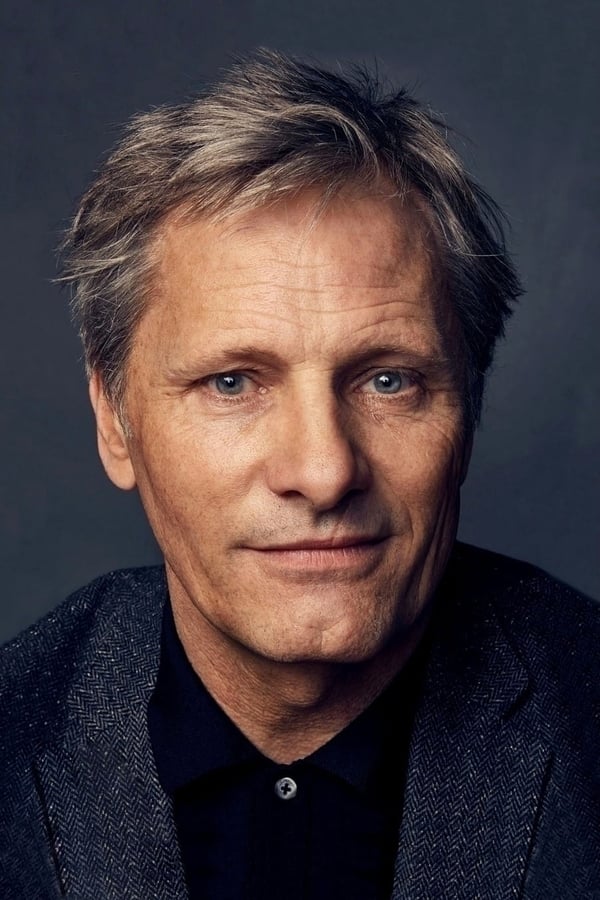
Viggo Mortensen
Tony Lip
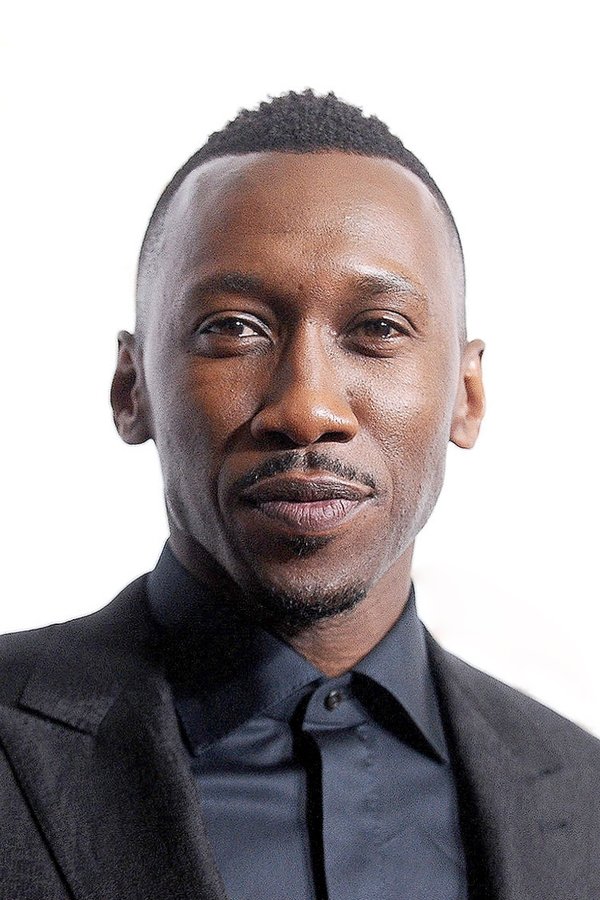
Mahershala Ali
Dr. Don Shirley

Linda Cardellini
Dolores
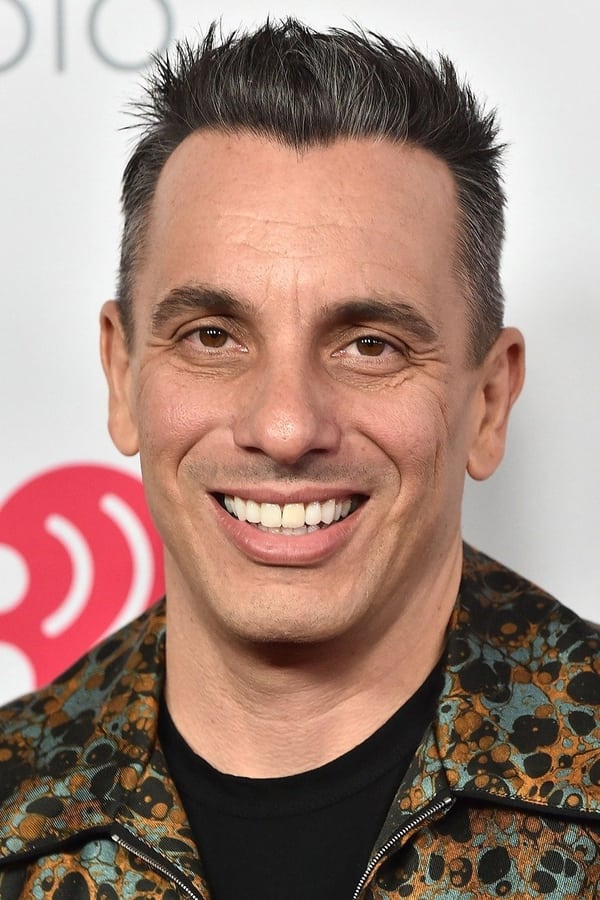
Sebastian Maniscalco
Johnny Venere
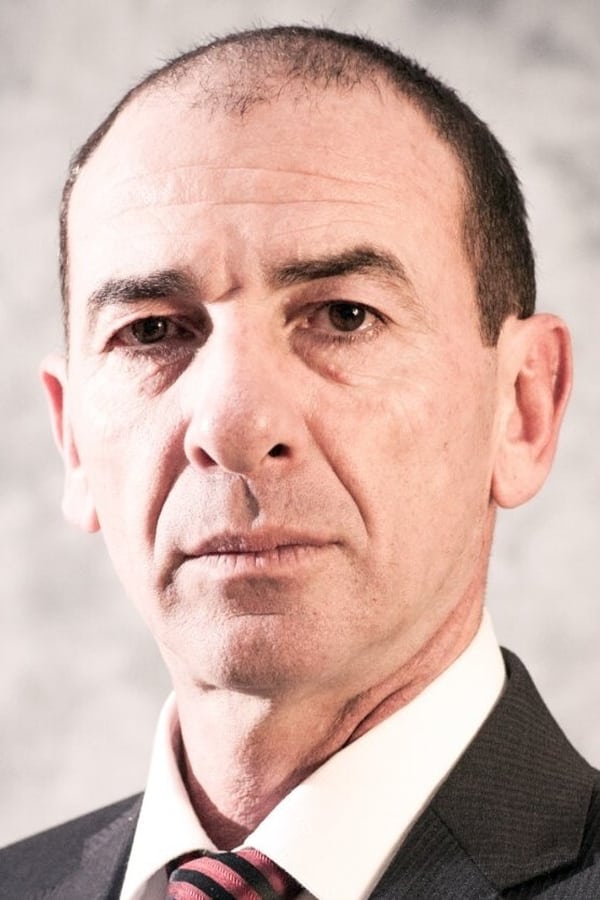
Dimiter D. Marinov
Oleg
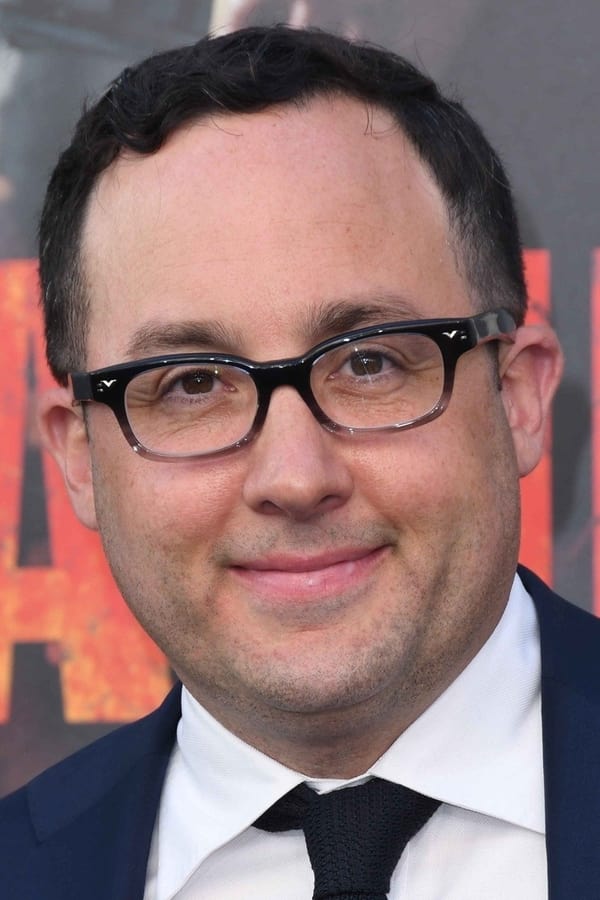
P.J. Byrne
Record Exec
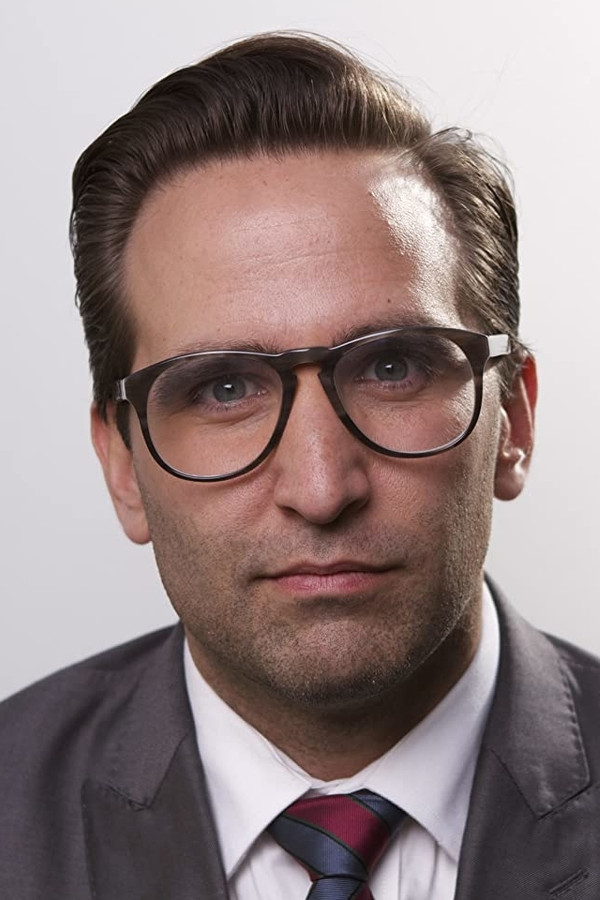
Mike Hatton
George
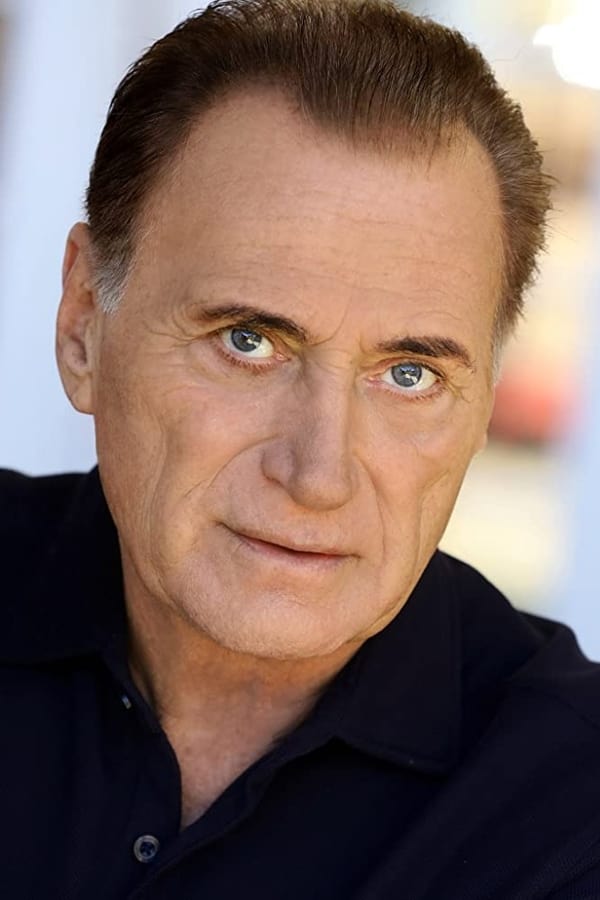
Joe Cortese
Gio Loscudo
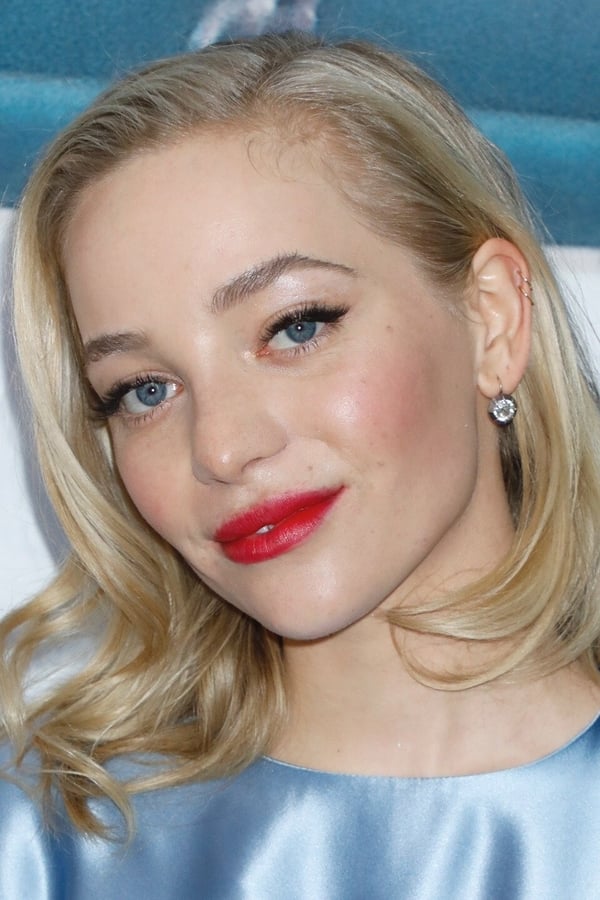
Maggie Nixon
Copa Coat Check Girl

Von Lewis
Bobby Rydell

Jon Sortland
Rydell Band Leader
The more we learned with each passing minute the bigger the reveal. This film ends with a serious bang and it was truly a joy to watch.
Being made after the death of Chadwick Boseman will be a hard but exciting ride for this Marvel entry.
Mulan had to struggle to feel like herself and see herself properly. Some of us have to strive to have our reflection mimic what’s inside. We have to crawl. We have to fight.



